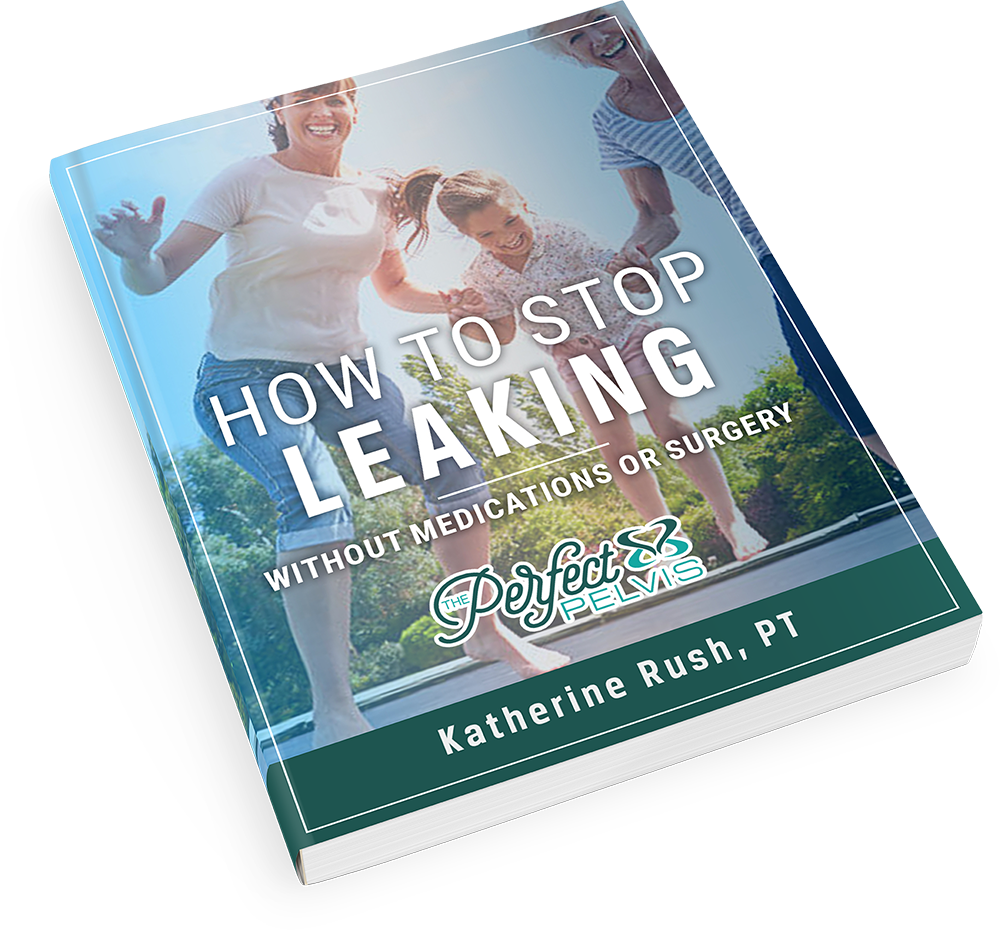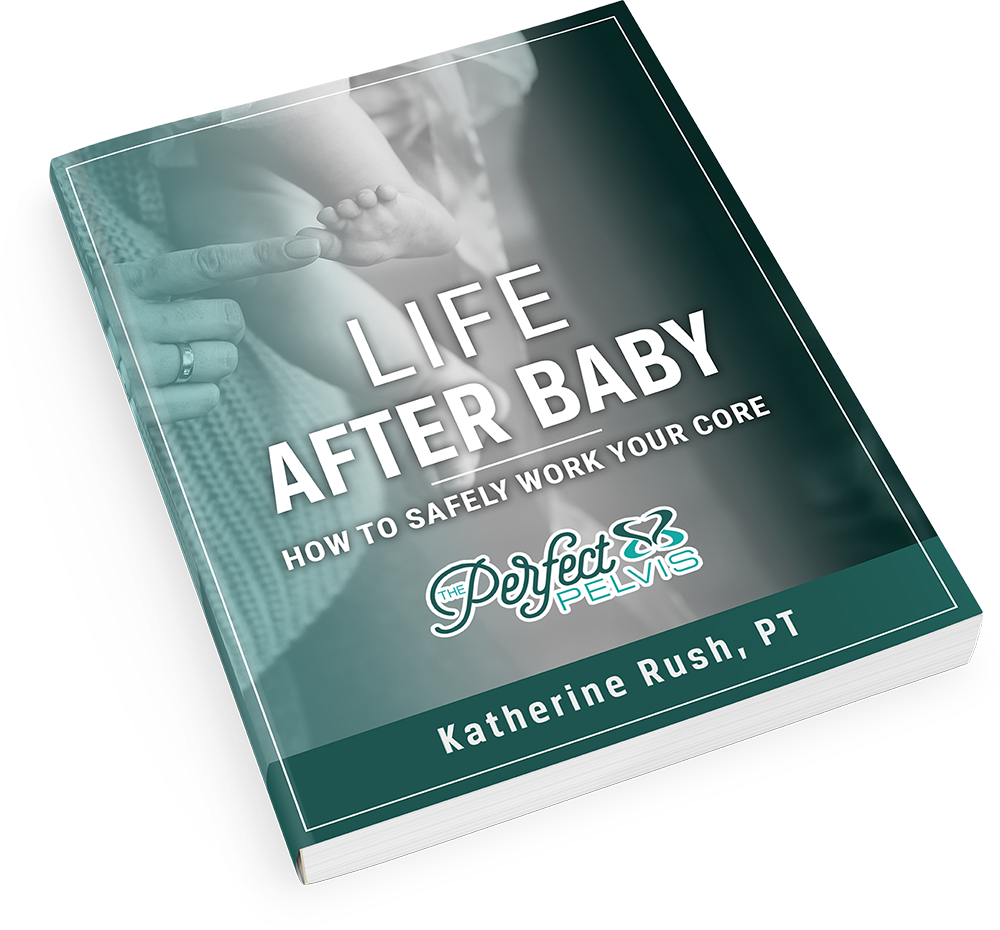In this week’s blog, we are going to be talking about 5 Things To Avoid When Struggling With Incontinence.
Incontinence is a condition where individuals experience the inability to control their bladder or bowel functions. It is an uncomfortable and embarrassing problem for many, but it does not have to be something to be ashamed of – rather, it can be managed with proper treatments.
The incidence of incontinence varies, but it affects more than 25 million adults in the United States alone. It is estimated that one-third of women and one-fifth of men aged over 65 will suffer from incontinence at some point in their lives. Even children can develop incontinence due to underlying medical conditions.
Fortunately, there are effective means of treating incontinence. Options range from lifestyle changes such as limiting fluid intake and avoiding caffeine drinks to medical treatments like medications and pelvic floor or bladder exercises.
Incontinence is a common problem that affects many people of all ages and genders, but there are effective treatments available to help manage this condition. With proper treatment and lifestyle changes, it is possible to reduce symptoms of incontinence and improve the quality of life for those affected by it.
Getting treatment for incontinence is important, as it can reduce or even eliminate the symptoms associated with this condition. Incontinence should never be ignored; seeking prompt care from a healthcare provider ensures that you get the most appropriate treatment to address your individual needs and improve your quality of life.
While there are things you can do to help in treating the problem, there are also things you should avoid so that you are not making the problem worse.
5 Things To Avoid When Struggling With Incontinence
1. Avoiding Treatment: Ignoring incontinence or refusing to seek treatment can make the situation worse, as it can lead to a decrease in overall quality of life and leave you more vulnerable to infection and other health complications. It is important to speak with your doctor about your symptoms so that they can help you determine the best course of action for managing them.
2. Not Following Through on Treatment Plans: Once you have receive a diagnosis, it is essential that you stick with the treatment plan prescribed by your doctor. This may include medications, pelvic floor exercises, lifestyle changes, or other treatments – all of which are necessary for effectively managing incontinence. Failing to follow through on these plans could cause worsening symptoms and an increase in discomfort.
3. Refusing to Adapt Lifestyle: Incontinence often requires making changes to your lifestyle and habits, such as limiting caffeine and alcohol intake, being mindful of the foods you eat, exercising regularly, and wearing protective clothing if needed. Not adapting your lifestyle accordingly can make symptoms worse or even cause them to resurface after they have been managed successfully.
4. Ignoring Fluid Intake: Staying hydrated is essential for maintaining urinary health, but it is important not to overdo it when dealing with incontinence. Drinking too much fluid or having an irregular drinking schedule can lead to an overactive bladder and more frequent bathroom trips – both of which can worsen symptoms. It is important to speak with your doctor about the right amount of fluid intake for your needs.
5. Becoming Too Sedentary: Exercise is an important part of managing incontinence, as it strengthens pelvic floor muscles and helps support bladder control. Being too sedentary can weaken these muscles, potentially leading to worsening symptoms or a decrease in overall quality of life. It is important to get regular exercise and maintain an active lifestyle when dealing with incontinence.
It is important that you seek medical advice on how to best treat incontinence. There are different types of incontinence and each case is different. There are different ways to treat the different types of incontinence, so the more you understand which type you are struggling with the quicker you can get started on treating the problems that are causing leakage.
How Can Physical Therapy Help With Treating Incontinence
Physical therapy is an effective way to treat incontinence. By strengthening the pelvic floor muscles, physical therapists can help reduce bladder leakage and improve continence control. Through a combination of exercises and techniques, physical therapists are able to work with patients on improving their overall quality of life by providing strategies for managing their incontinence symptoms.
The type of physical therapy used to treat urinary incontinence depends on the individual patient’s condition. Pelvic floor muscle exercises are often recommended as they can strengthen the muscles that support the bladder in order to improve continence control.
Ultimately, physical therapy can offer an individualized approach to managing incontinence that meets each patient’s unique needs and lifestyle. By working with a qualified physical therapist, patients can gain more control over their incontinence symptoms while learning techniques they can use at home to maintain continence.
With the right treatment plan in place, individuals can get back to living life without worry or embarrassment caused by urinary incontinence.
Experiencing Changes During Postpartum and Have Questions About the Recovery Process
If you are struggling with incontinence that won’t go away or have questions about the best treatment for treating incontinence, feel free to schedule a free phone consult, or contact us to arrange a leakage assessment. You can also feel free to give us a call at 816.607.3747 (We still like to talk on the phone!)
We love to keep people in Lee’s Summit, mobile, active, and off pain pills – let our expertise go to work for you to help you stay happy and healthy.
Don’t forget, you can schedule a no-obligation (and free!) phone consult or visit us at our Lee’s Summit clinic as part of your leakage assessment. Or just give us a call at 816.607.3747.
We look forward to hearing from you,
Katy Rush, PT
Other Free Resources To Help With Incontinence
Download our free report – How To Stop Leaking Without Medications Or Surgery
Read our blog- What To Do To Help Prevent Leakage While Exercising
Read out blog- 5 Exercises That Can Help Strengthen The Pelvic Floor
Follow Us On Social Media – Facebook, Instagram, Twitter, and LinkedIn








